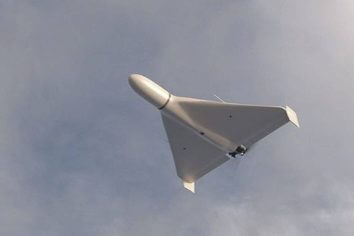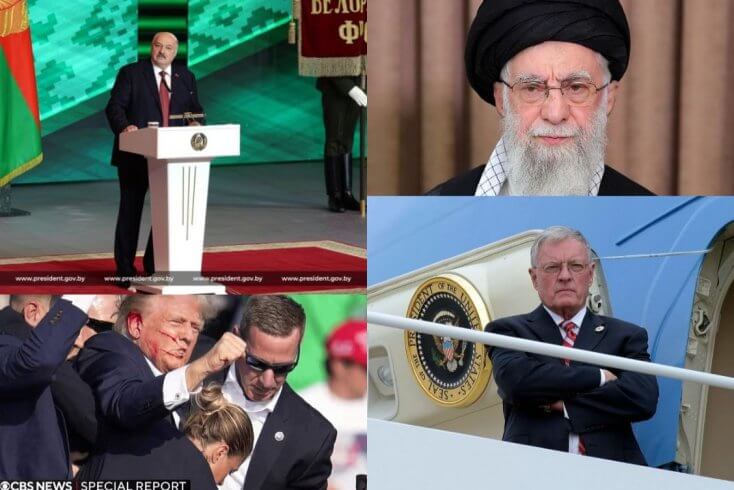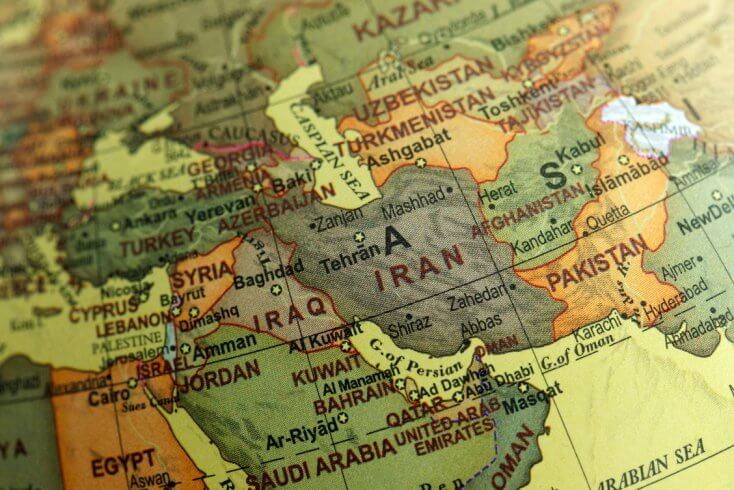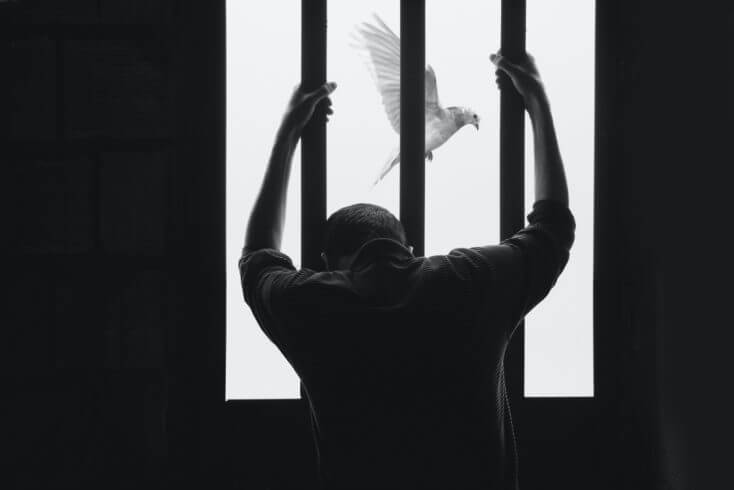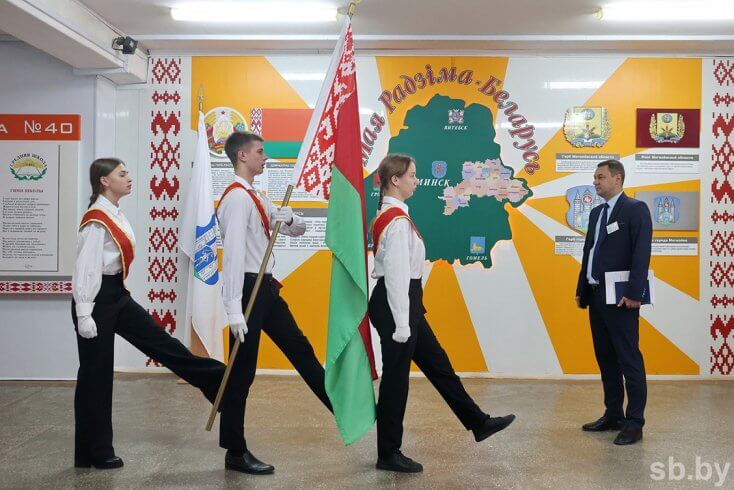Officials in Belarus are increasingly turning to historical narratives in the absence of a clear vision for the future.
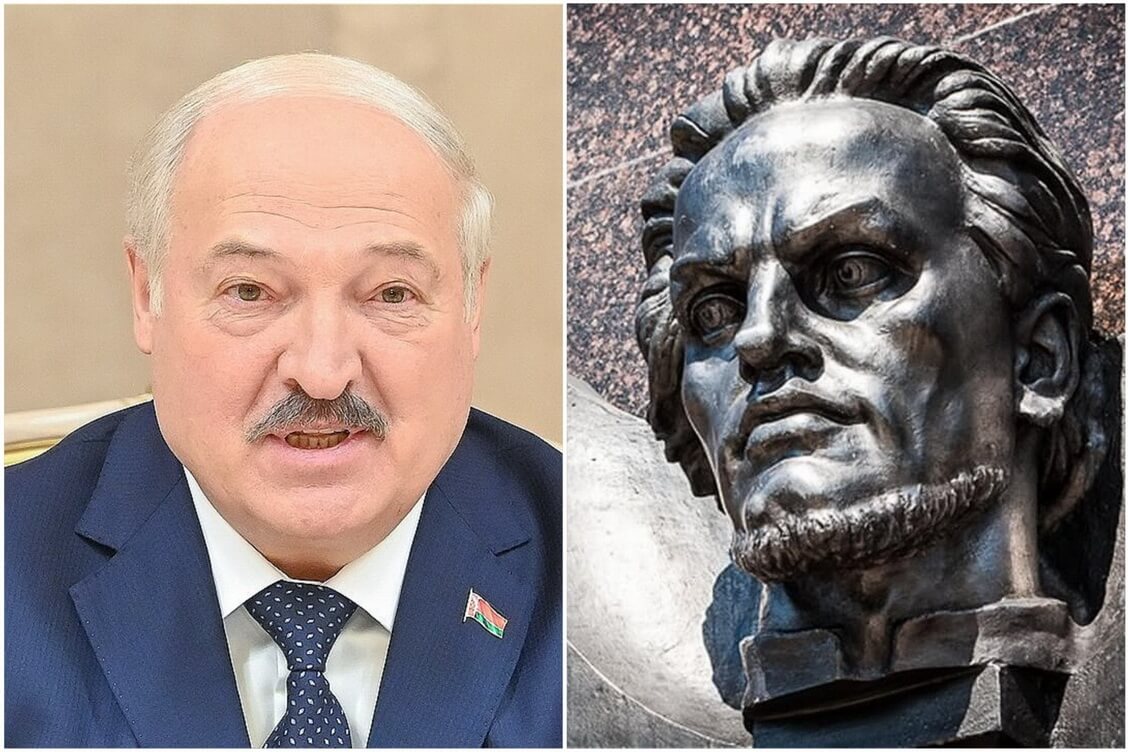
Takeaways:
- Manipulating historical heroes: The Belarusian government has distorted the legacy of historical figures like Kastuś Kalinoŭski to magnify Łukašenka although evidence contradicts this narrative.
- Genocide narrative: The government aggressively promotes the idea of a “genocide against the Belarusian people,” criminalizing those who challenge this official history.
- Łukašenka as “founding father”: Propaganda has increasingly portrayed Łukašenka as the father of modern Belarusian statehood, sidelining other key historical figures and events.
- Alignment with Russia: Belarusian history is increasingly being rewritten as part of Russian history, erasing elements of national identity and aligning more closely with the “Russian world.”
- Anti-Polish sentiment: Belarusian officials are cultivating anti-Polish narratives to reinforce provincial identity, often linking Polish figures and movements with Nazi collaboration and using this to justify repressive policies.
Remedy against “reprogramming”
On October 4, during a speech to residents of Parachonsk, a village in southern Belarus, Alaksandar Łukašenka claimed that the West seeks to “reprogram” Belarusians to make them forget their past and conquer the country.
This assertion created a stir, as Łukašenka typically warns of military threats from the West. The new claim suggests a shift in Western tactics—one that only Łukašenka seems to perceive.
In response to this alleged “new tactic” from the West, the Belarusian government has leaned on historical narratives to strengthen its grip on power.
1. Downgrading national heroes to magnify Łukašenka
Governments often use historical narratives to support their political objectives. In Belarus, officials emphasize the Soviet Union’s pivotal role in defeating Nazi Germany during World War II. They also claim that Belarusians suffered genocide at the hands of the Nazis, a narrative that the government uses to position itself as a victim, even when it is the perpetrator of repression.
These narratives serve to bolster support for Łukašenka, who played no role in the victory over the Nazis. When history does not align with the government’s political goals, officials and their proxy voices are quick to distort it.
Kastuś Kalinoŭski, a leader of a 19th-century anti-Russian uprising, has long been regarded as a national hero by both Belarusian nationalists and communists. Yet in recent years, the government has downplayed his significance, even casting him in a negative light. This distortion has led to discord in society, as many Belarusians continue to hold Kalinoŭski in high regard.
In 2019, Belarusian officials attended the reburial of Kalinoŭski’s remains in Vilnius, stressing his role in the struggle for Belarusian statehood and reaffirming his status as a national hero. Deputy Prime Minister Ihar Pietryšenka claimed that Kalinoŭski’s rebels used the phrase “I love Belarus” as a password, presenting Łukašenka as an ideological successor to Kalinoŭski.
Łukašenka himself said in November 2019 that Kalinoŭski “acted on our territory, was our kin, our citizen, if I can put it this way.” Yet, he later changed his stance. In July 2022, Łukašenka labeled the 1863 uprising as Polish and anti-Belarusian, falsely claiming that peasants supported the Russian tsarist government and fought against the rebels.
The regime now views any rebellion against Russia in Belarus as Polish and anti-Belarusian. This shift in rhetoric came after the 2020 protests, as the regime turned to Russian narratives to ensure its survival.
2. Genocide against Belarusians
Historical narratives are imposed as the sole truth, with alternative views often suppressed or even criminalized. Books critical of Soviet leaders have been classified as extremist content.
The Prosecutor General’s Office has strongly promoted the idea of “genocide against the Belarusian people,” publishing textbooks and even opening criminal cases against those who deny this narrative. Without political repression, this campaign would have little impact on society.
3. The founding father
The government’s interpretation of history emphasizes Łukašenka’s role as the “founding father” of modern Belarus. Propaganda often frames the 1994 presidential election as a pivotal moment in Belarusian statehood, downplaying other historical events and figures.
In 2005, Łukašenka renamed several streets in Minsk, removing the names of humanist Francišak Skaryna and Soviet-era statesman Piotr Mašeraŭ. There are speculations that Kalinoŭski streets could soon be renamed as well. This move seems designed to erase Łukašenka’s historical competitors while bolstering the ideology of the “Russian world.”
Łukašenka often references history to highlight his importance. During the September National Unity Day rally, he suggested that the Belarusian Soviet Republic in 1919 was weak due to the absence of a strong government, implying that it needed a dictator like him—lamenting his late arrival on the historical stage.
4. National strength rooted in 1941–1945
While some national activists emphasize Belarusian statehood’s deep roots in the Grand Duchy of Lithuania, the Belarusian government promotes the view that modern Belarus should draw from the legacy of 1941–1945, placing less importance on other historical milestones. This narrative interprets current policies solely through the lens of the Great Patriotic War.
5. Part of Russian history
The Belarusian government increasingly treats Belarusian history as part of Russian history. Historians have been instructed to write textbooks on the history of the Union State of Russia and Belarus, including a series of books titled Russia and Belarus: Pages of Common History. As a result, Belarusian students are taught Russian history as the “History of the Union State,” which marginalizes their own national history.
Many countries begin nation-building by breaking with their imperial past. However, the Belarusian government has chosen the opposite path, banning the white-red-white flag and the Pahonia coat of arms, branding them as Nazi symbols. This is part of a broader effort to shape Belarus’s identity in line with Russian historical narratives. Belarus is not just dependent on Russia economically, politically, and militarily, but ideologically and culturally as well.
Polish historian Alieh Łatyšonak remarked: “Łukašenka is unlike any dictator in world history. I have not seen a dictator who was not a patriot. They were all nationalists, wanting to advance their nations. He is the first who destroys his own.”
6. Anti-Polish rhetoric
Historical narratives are also invoked to justify anti-Polish policies, with Poland being demonized as the primary enemy.
Łukašenka has embraced an anti-Polish narrative to reinforce a sense of Belarusian provincial identity. He has abandoned post-Soviet anti-Russian nationalism in favor of anti-Polish nationalism.
The new holiday, National Unity Day, celebrated on September 17 to mark the Soviet invasion of Poland in an alliance with Nazi Germany, has an anti-Polish slant. It emphasizes the historical traumas of the interwar period, when Western Belarus was part of Poland.
Additionally, Belarusian officials frequently associate Polish Home Army soldiers with Nazis. For example, several years ago, law enforcement brought criminal charges against Polish minority activist Andrej Pačobut for organizing an event honoring Home Army soldiers.
